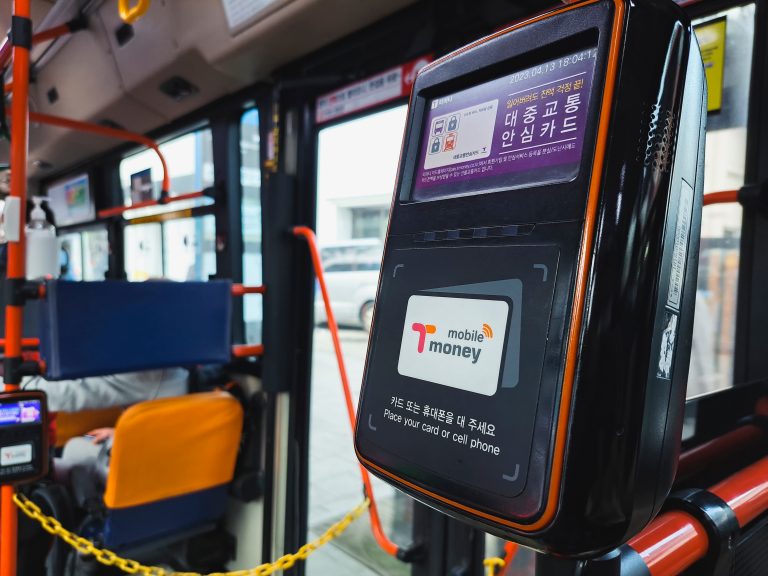The annual commuting survey from climate-tech company Mobilityways reveals that employees are using buses more frequently, with “cost” cited as the main reason.
Mobilityways
Mobilityways is a leading climate-tech company focused on transforming commuting habits and reducing carbon footprints. They do this through innovative solutions and comprehensive data analysis. The company’s annual Commuter Census provides valuable insights into commuting trends and helps shape strategies for sustainable urban mobility.
Rise in Bus Usage
Based on responses from 10,325 people, the Commuter Census 2024 – now in its fourth year – shows a 17% year-on-year increase in bus users. At present, 10% of UK commuters opt for the bus as their mode of travel.The £2 price cap per journey, implemented last year by the UK Government, seems to have made a significant difference. The survey underscores the impact of the fare cap on commuting habits. It suggests that affordability has been a key driver in the decision to switch to bus travel.
Cost as a Key Factor
The survey highlights that “cost” is the main reason why employees commute by bus. In fact, 56% of bus users cite it as the primary factor for their choice of commute – a 12% increase from 2023. This increase reflects a growing awareness of financial savings among commuters. Furthermore, bus usage may continue to increase in the coming years. According to the survey, 43% of respondents stated they would consider the bus or an electric bus as an alternative to their current commuting method. This potential shift points towards a more sustainable and economically viable commuting future.
Issues to Address
Despite the increase in bus usage, several issues need resolution to reach its full potential. When respondents were asked what might encourage them to use the bus so they highlighted ; They want “quicker bus journeys,” “a bus schedule closer to my work arrival and departure times,” and “more reliable service.” These factors rank higher than “subsidised/cheaper fares,” which only 17% of respondents mentined. Therefore, improving service quality remains more crucial to commuters than price. This emphasis on service improvements indicates that while cost is significant, the overall experience and convenience of bus travel are vital.
Future of the Fare Cap
With £1 billion of transport projects currently under review by the government, according to new Chancellor Rachel Reeves, there is speculation on whether the fare cap will be scrapped despite its success. The findings from Commuter Census 2024 suggest that maintaining the fare cap could continue to encourage bus usage. This supports environmental goals and eases commuting costs for employees. The ongoing review of transport projects presents an opportunity for the government to balance fiscal responsibility with the benefits of the fare cap. This could influence future transport policies.
Environmental Impact
The increase in bus usage has positive implications for the environment. By encouraging more people to use public transport, the £2 fare cap contributes to reduced carbon emissions and less traffic congestion. This aligns with broader climate goals and the push for sustainable urban mobility solutions. As more commuters opt for buses, there is potential for significant environmental benefits. This highlights the need for policies that support affordable and effective public transport options.


